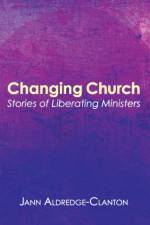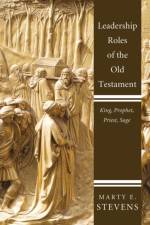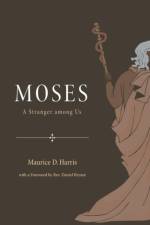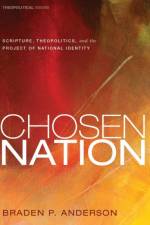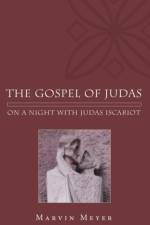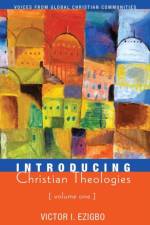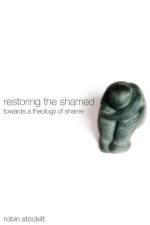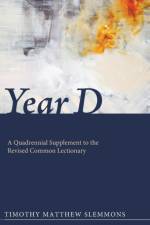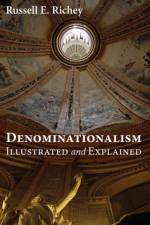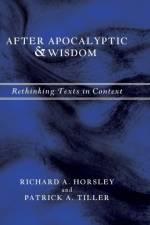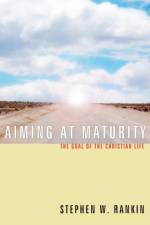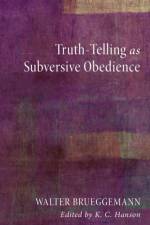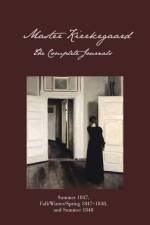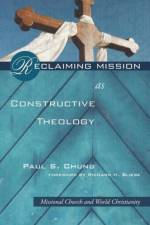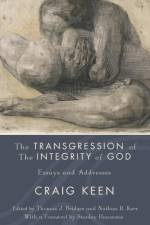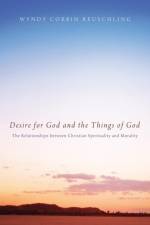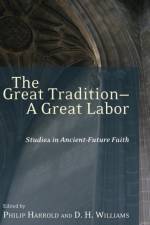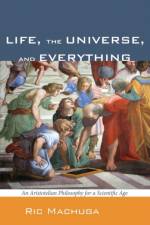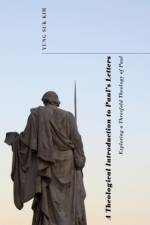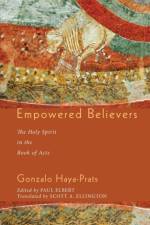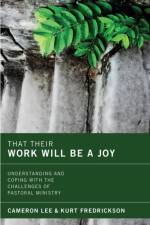av Dr Donald Capps
485
Whatever religion may have meant to the boy when he was younger, in the teenage years it takes the form of a personal journey or quest. This journey is related to other aspects of his life and is integral to how he experiences himself and others. The title of this volume--Striking Out--has the connotation of the beginning of a journey that will take the boy in new directions, but it also suggests the baseball metaphor of a batter being called out on strikes. The first sense is positive; the second is negative. Together, they express the anticipatory and hopeful nature of the venture, but also the possibility that the undertaking may evoke feelings of fear, frustration, and failure. By focusing on real-life examples of teenage boys (both historical and contemporary), the book presents five typical manifestations of a boy''s vulnerabilities as he sets forth on the journey: the stumbler, the struggler, the straggler, the straddler, and the stranger. It explores the ways in which these vulnerabilities may contribute in positive ways to his personal growth and his religious maturity.Throughout this book Gordon W. Allport''s classic text The Individual and His Religion draws attention to the claim that a boy''s religious sentiment may play a decisive role in the integration of his personality despite its inevitable disparities and uncertainties, and the real-life examples are presented as evidence that this religious sentiment provides direction and clarity of vision as the boy looks toward the future. ""This book is about the religious journeys of boys. It assumes, correctly, that there is (and should be) a congruity between a boy''s life and his religion. Just as a boy''s life changes, his religiosity changes. Capps writes about these changes by exploring common vulnerabilities that boys face as they strike out on their own journeys. Capps gives us all--and especially teenage boys--hope for the journey.""-Nathan CarlinThe University of Texas Medical School, Houston, Texas ""Capps takes us right to the heart of the religious journey of the adolescent male--a journey marked by stumbling, struggling, straggling, straddling, and being a stranger. He masterfully pulls together a number of strands to tell his story of striking out that is at once deeply perceptive, profoundly human, and richly spiritual . . . This is a simply brilliant exposition of the religious journey of teenage boys.""-Neil Pembroke,University of Queensland""Striking Out is a home run! All five of Capps''s personality types (the stumbler, the struggler, the straggler, the straddler, and the stranger) are in my youth group, so this is a particularly relevant book for me. Capps navigates the vulnerable adolescent journey masterfully, thoughtfully, and faithfully. All those invested in the spiritual journey of teenagers will discover great hope in Striking Out.""-Joshua StewartFirst Presbyterian Church, Fort Worth, Texas""Capps spoke to me personally as a man who had once been a young teenage boy with questions, emotions, and baggage striking out on my own spiritual journey. He speaks to me as a new father, as I imagine my son''s future, with all of his potential and struggles ahead, and my hope to help him keep his eyes on the ball each time he comes to the plate. Capps also speaks to me as a pastor and educator, as I realize the great need of this very specific population in our culture and nation. Striking out is a paradox with which we must each deal in one way or another.""-Grafton T. EliasonCalifornia University of PennsylvaniaDonald Capps (1939-2015) was William Harte Felmeth Professor of Pastoral Theology (Emeritus) and Adjunct Professor at Princeton Theological Seminary. He is the author of Striking Out (Cascade Books, 2011), At Home in the World (Cascade Books, 2013), Still Growing (Cascade Books, 2014), and The Resourceful Self (Cascade Books, 2014). He is coauthor with Nathan Carlin of Living in Limbo (Cascade Books, 2010) and The Gift of

